Annual Performance Reviews: Do They Actually Matter?

Workplaces are becoming more metrics based and assessing employee success has become a component that is also measured. Managers are now encouraged to work with their employees to develop SMART (Specific, Measurable, Attainable, Relevant, and Timely) goal, and review their progress towards the goals with a big review at the end of the year. Annual performance reviews have many functions in an organization, but are they actually helpful useful?
The short answer is yes if done well. When the process is designed to benefit both the employee and the company, performance reviews can be very helpful for everyone involved.
What are annual performance reviews used for?
The data that performance reviews provide are used throughout the organization for a variety of reasons. The most common purposes of assessing employee achievement and using the rating as a guide for rewards such as raises, bonuses, or promotions. Performance reviews may also be used at a more macro-level to inform training opportunities, report productivity to stakeholders, or to support the restructuring of departments.
What are characteristics of good performance reviews?
Performance reviews should be a combination of staff narrative about their progress throughout the year and manager feedback. Feedback is often is structured with both quantitative and qualitative components. Reviews may also include assessments from colleagues and other managers that the employee works closely with, also known as a “360 review”. After all of the information is gathered, employees should be able to review the entire report before meeting with the manager to review the information.
While there are many ways to have a successful performance review, there is one “third rail” that managers should be aware of: employees should never be surprised by the feedback shared in a review. Annual reviews should be a summary of things that happened throughout the year. Supervisors should give feedback promptly, not wait until the annual review to share information with employees. Staff should always have the opportunity to adjust their approach and receive resources to successfully achieve their goals throughout the year.
Good for Employees
Annual performance reviews allow employees to have a hand in measuring their success against goals that they had a hand in creating. The big picture can get lost in the day-to-day tasks. The annual review provides an opportunity to employees see how their contributions fit into to the larger picture. It also provides an opportunity to talk with employees about their future goals. Talking frankly about future opportunities is a great way to help employees feel valued, which helps with retention and loyalty.
Good for Managers
Annual reviews provide a time and space to reassess if you are using your employees to their full potential. Staff who feel invested in are more productive, more likely to take risks, and think outside of the box for the greater good, which can make your team more effective. Talking with individual employees during the reviews add great information about the health of your team overall and help inform what’s needed going forward.




